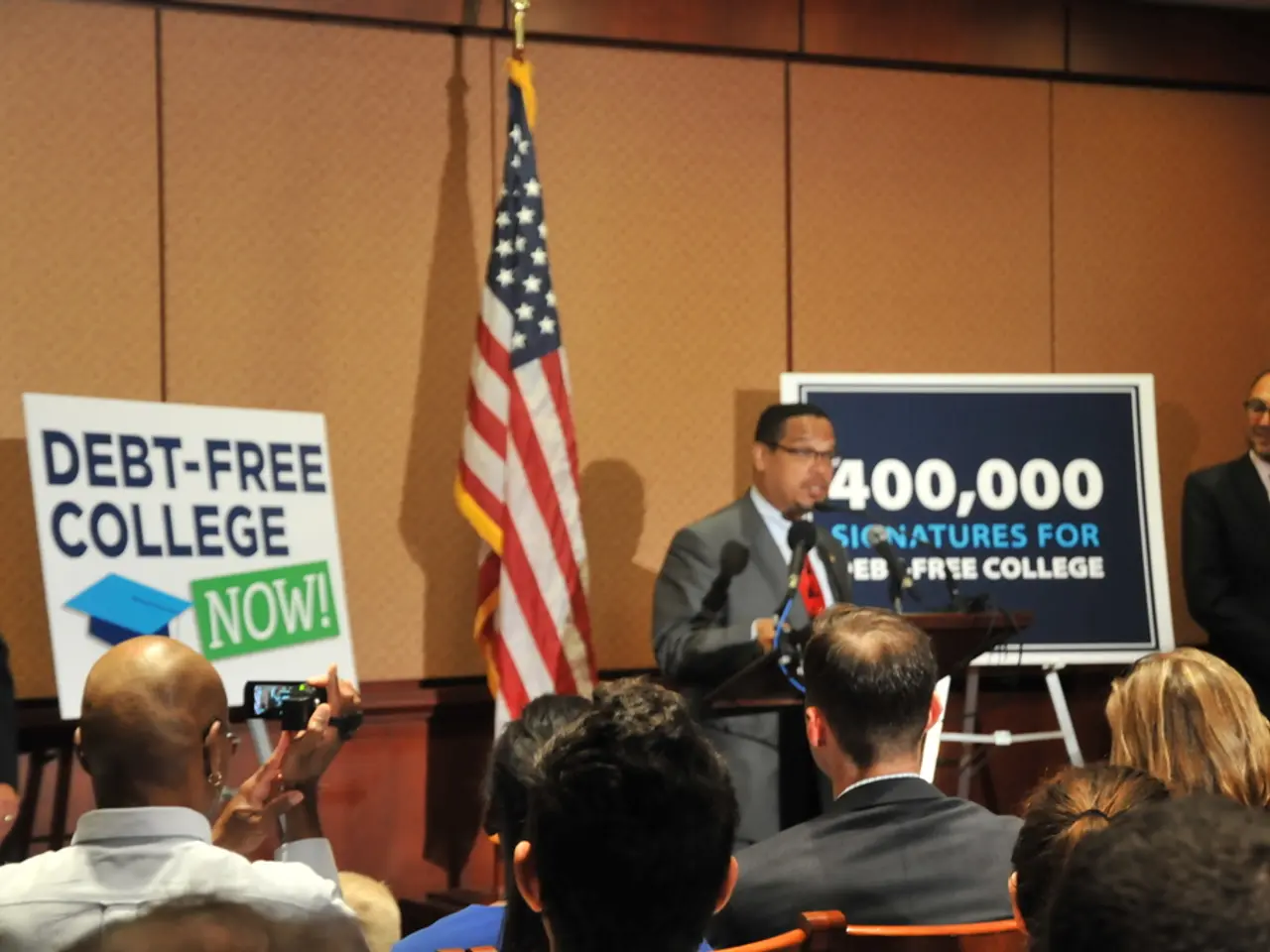Politicians' Techniques for Engaging their Supporters
In the realm of politics, connecting with constituents is paramount. Congress events and public gatherings offer invaluable opportunities for politicians to engage directly with their voters, demonstrating their speaking skills and fostering a sense of accessibility.
As we move into the future, political connection strategies are evolving. AI-driven personalization, interactive digital formats, hybrid town halls, and immersive political storytelling are set to play significant roles. Politicians aim to be accessible through social media, email, and phone calls, responding promptly to messages received.
Consistency in messaging is key. It builds recognition, reinforces brand identity, and helps create a predictable and stable narrative. Great politicians emphasize the importance of listening carefully to their followers, demonstrating humility and respect.
Storytelling humanizes leaders, making complex issues relatable, and building emotional bonds through shared values and experiences. Authenticity is crucial for trust-building and loyalty. Politicians strive to appear trustworthy and consistent, resonating with voters and deepening long-term support.
Two-way communication, empathy, and addressing public needs and concerns are essential for connecting with followers. Great politicians engage with the people by attending community events, participating in debates, and responding directly to questions on social media platforms.
Transparency in public dealings is crucial for building trust among members and gaining support for policies. Grassroots organizers serve as local connectors, translating central messages into local relevance and mobilizing community support.
Great politicians make it a point to get out into their communities, meeting with the people who elected them through town hall meetings, speaking engagements, charity events, parades, and visiting local schools and businesses. They listen to their constituents' voices by reading comments and attending events held by local organizations.
Responding respectfully to criticism from followers, acknowledging concerns, clarifying misinformation, and using feedback to improve communication are all part of the process. Collaborations with local influencers help spread messages in a more trusted and authentic voice.
Involving youth through campus events, digital campaigns, and listening platforms helps build long-term loyalty and future leadership. Engaging videos, live Q&As, user-generated content, grassroots stories, and visual updates on work and policy wins are effective types of content for politicians to connect with followers online.
Social media platforms allow politicians to engage with followers directly, build emotional connections, and showcase their personalities. A strong social media presence allows politicians to showcase who they are as people, connect personally with their constituents, and respond quickly to questions and concerns.
Ultimately, great politicians are those who listen, engage, and respond effectively, fostering a sense of trust and loyalty among their supporters. Politics happens locally, and everyone's participation and opinions matter. By prioritizing transparency, consistency, and authenticity, great politicians build strong connections with their constituents, ensuring a more engaged and informed society.




